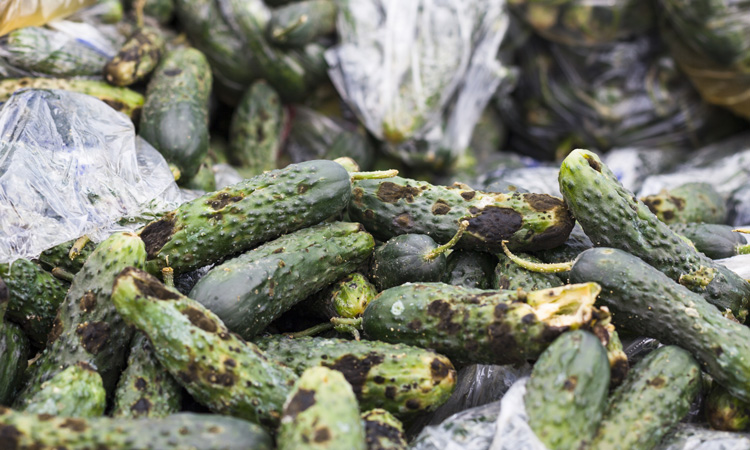Food Waste Reduction Alliance releases food waste advice report
- Like
- Digg
- Del
- Tumblr
- VKontakte
- Buffer
- Love This
- Odnoklassniki
- Meneame
- Blogger
- Amazon
- Yahoo Mail
- Gmail
- AOL
- Newsvine
- HackerNews
- Evernote
- MySpace
- Mail.ru
- Viadeo
- Line
- Comments
- Yummly
- SMS
- Viber
- Telegram
- Subscribe
- Skype
- Facebook Messenger
- Kakao
- LiveJournal
- Yammer
- Edgar
- Fintel
- Mix
- Instapaper
- Copy Link
Posted: 5 March 2020 | Sam Mehmet (New Food) | No comments yet
For the guide, FWRA interviewed food manufacturers, grocers and foodservice operators to get their best tips on how to successfully launch a reduction programme and to sustainably nurture it over time.


The Food Waste Reduction Alliance (FWRA) – a collaborative effort of the Consumer Brands Association, FMI – The Food Industry Association and the National Restaurant Association – has released a new report, Messy but Worth It: Lessons Learned from Fighting Food Waste, which is said to highlight experience-driven advice to keep food out of landfills.
Some of the report’s key recommendations for implementing and maintaining reduction programmes include:
- Forge an internal waste prevention culture. Education and cross-functional teamwork will help shift an organisation’s status quo
- Research local infrastructure. Seek opportunities for food diversion at the local level and plan based on available resources
- Recover and redistribute surplus food to feed the community. A nonprofit partner can improve and expand efforts to donate food and will enhance community impact
- Measure current food waste status. Measuring edible retail food waste is not always straightforward, so understanding an organisation’s “foodprint” along the supply chain reveals opportunities for logistics improvement
- Consider composting. If composting is an option, the experts believe it is a great addition to a comprehensive diversion strategy.
“The best way we can end the food waste crisis is by learning from the organisations, companies and people who have successfully done so, which is why this report is so critical for helping our collective industries combat it,” said Meghan Stasz, Vice President, packaging and sustainability, Consumer Brands Association. “While there is no one-size-fits-all approach, this report provides the framework for companies large and small to institute smart, scalable solutions to reducing food waste.”
FMI Vice President, Tax, Trade, Sustainability and Policy Development, Andy Harig, said, “Our organisations all share a common goal to showcase practical application of proven food waste mitigation strategies and reduce operational costs – this guide adds colour to the process.”
“The findings in this report help highlight the restaurant industry’s commitment to food waste reduction, and the deep challenges that come with making systemic improvements,” said Laura Abshire, Director of Food and Sustainability Policy for the National Restaurant Association. “We believe the stories in this report capture important lessons learned and we encourage our members to look to the findings for the small changes they can make to advance their food waste reduction initiatives.”
Related topics
Related organisations
Consumer Brands Association, FMI – The Food Industry Association, National Restaurant Association, The Food Waste Reduction Alliance (FWRA)








